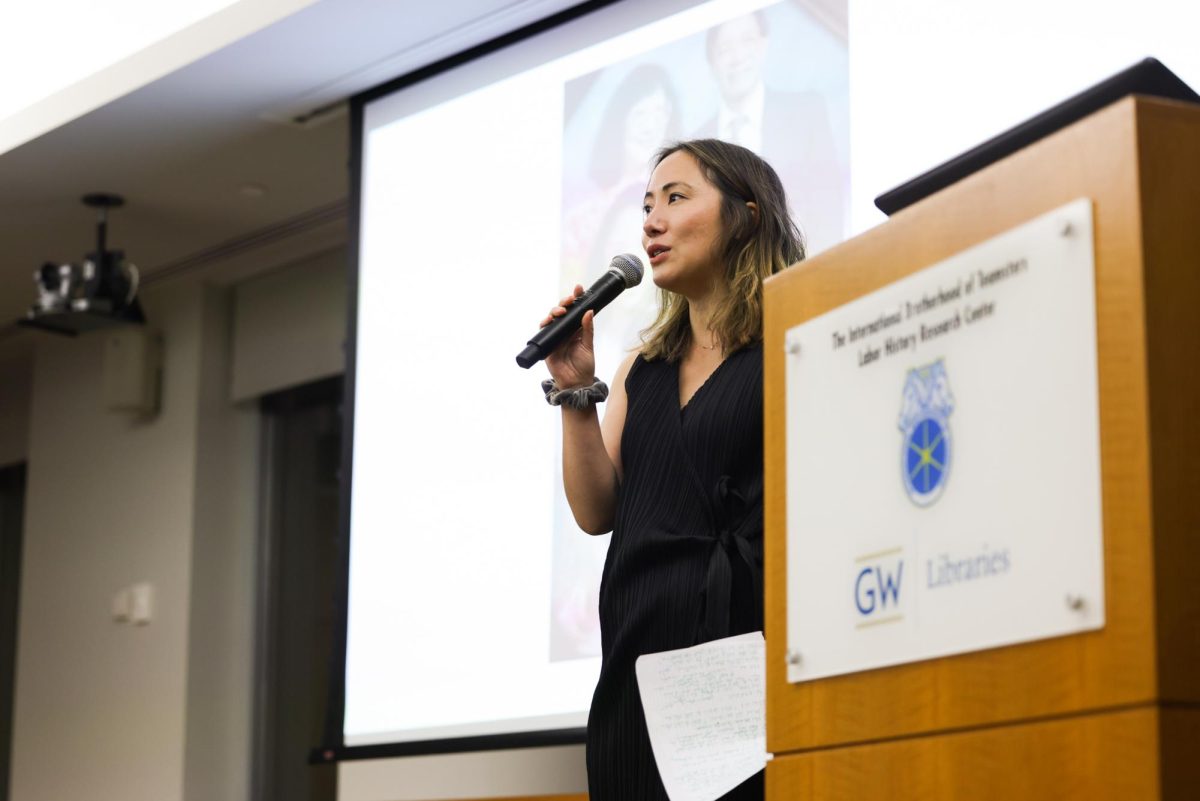Updated: Jan. 24, 2016 at 7:49 p.m.
Alumnus Ramzi Fawaz has loved comics since he read his first issue of X-Men as a teenager and finally identified with a piece of pop culture.
This month he released his first book on the topic entitled “The New Mutants: Superheroes and the Radical Imagination of American Comics,” which explores the evolution of comics from emphasizing white male individualism to celebrating groups of outcasts.
Living in conservative Orange County, Calif. with Lebanese immigrant parents, 13-year-old Fawaz had just come out as gay when he stumbled upon a “transformative” 35th anniversary edition of an X-Men comic book.
“What I loved about the comic book was that even though technically being a mutant could be a way in which these people identified with each other, even they did not understand their mutation the same way among each other,” Fawaz said. “As someone who was coming out as gay, who was Lebanese-American, who was all these different identities, I also did not feel that any of these identities were always the same or that other people who shared them viewed them the same way.”
He began taking his love for comic books more seriously as a student at University of California, Berkeley from 2002 to 2006 where he became an undergraduate teacher’s assistant and designed his own lecture on comics and consumption. For his senior thesis he wrote about the rise of the teenage superhero.
“Little by little, people started to show me that I could have a sophisticated, rigorous but also exciting approach to comics,” Fawaz said.
Fawaz, who double-majored in American Studies and English, said he was drawn to GW for graduate school after reading the book “Epic Encounters” by Melani McAlister, the chair of the American Studies department.
Fawaz began his time at GW in 2006 and received his Ph.D. in American Studies from GW in 2012. A year and half into his time at GW, he began teaching his own courses as part of his writing in the discipline fellowship which pays for partial tuition in return for teaching.
He was a postdoctoral fellow for a year after receiving his Ph.D. before beginning his current job at University of Wisconsin, Madison where he teaches upper-level courses in the English department on queer theory and popular culture.
At GW, Fawaz said his professors encouraged him to study many fields, not just American studies. He took classes in postcolonialism, queer theory, feminist theory and critical race theory.
“I was able to fuse all of those interests into my study of comics as it developed. It was a really beautiful synthesis of all of my training,” Fawaz said.
In particular, Fawaz said taking Professor of English Robert McRuer’s “Queer Theory Now” class changed his life.
“It was kind of a lightning rod moment where I realized that sexuality was going to be central to everything that I study,” he said.
McRuer said in an email that Fawaz’s contributions to the class “surpassed every other student.”
“Whether we were discussing the ways in which Marxist theory could be used to interpret classical Hollywood cinema, or black feminist understandings of embodiment, Ramzi had something significant to contribute,” McRuer said. “I was especially impressed at his capacity for connecting ideas across fields.”
Fawaz’s book, which grew out of his dissertation, explores how, in the late 1950s, comic book creators reinvented the superhero from “invincible, invulnerable and powerful” into “a species and genetic outcast.”
“What I discovered is that that transformation allowed for the linking of the superhero to a vast array of different kinds of Americans who experienced social vulnerability, violence, oppression, et cetera, so that the most powerful figure in American culture could become a stand-in to the people most oppressed by American culture,” Fawaz said.
Fawaz explores this transformation with several case studies of comics that focus on “teams or collectives,” including The Justice League of America, which he said pushes against the usual image of a superhero as an “independent, heroic vigilante.”
His longest case study explores The Fantastic Four comic, which he argues is the most important invention in the history of superhero comic books because it introduces what looks like a traditional family but is actually a “chosen kinship.” Fawaz said this subversion “allowed queerness into the American family.”
Fawaz said the opportunity to write the book came about as he was receiving positive responses to the papers he was giving at conferences – and his mentors encouraged the editors at NYU Press to meet with him. He received a contract to write a book as part of the New York University Press’ Postmillennial Pop series, which focuses on contemporary approaches to popular culture.
Fawaz said that releasing the book this month was “beyond thrilling.”
“To be able to take a picture with my mentor Robert McRuer, with the book in my hand was an amazing, full-circle moment,” Fawaz said.





